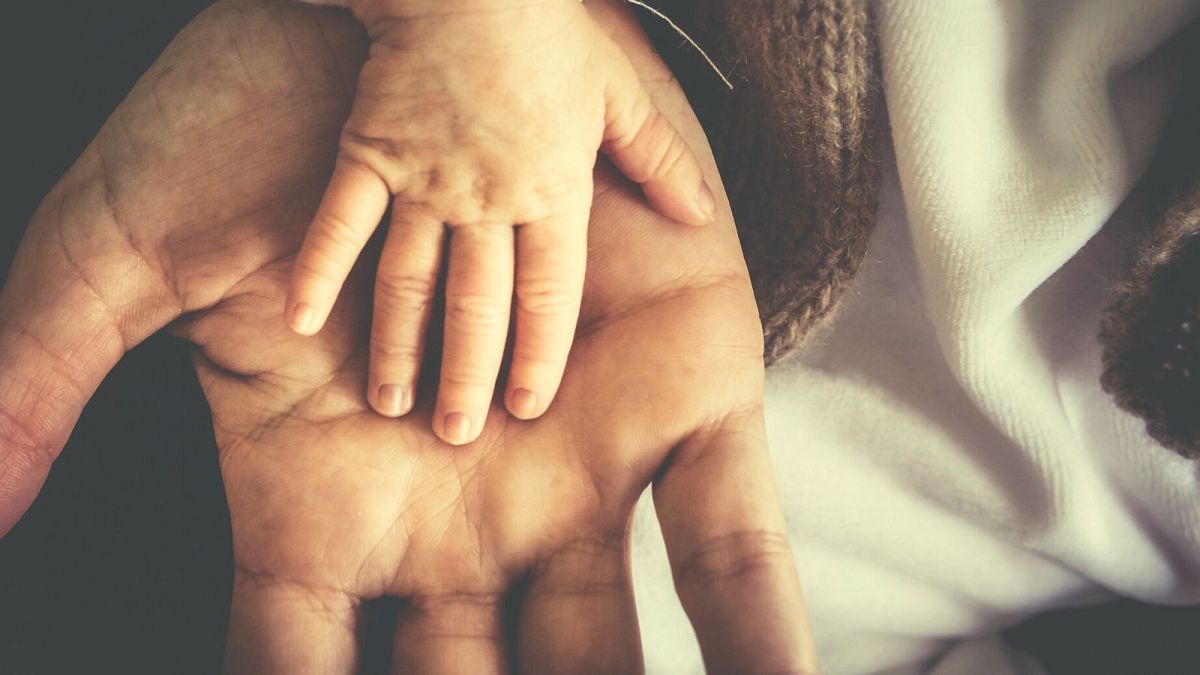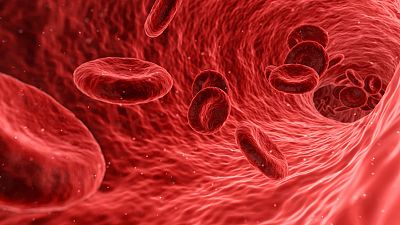Researchers have found a link between the age at which you become a parent and the risk of your child developing bipolar disorder.
Becoming a parent at a very young or very old age might increase the risk of your children having bipolar disorder, new research suggests.
The condition, which is characterised by dramatic shifts in mood, energy, and activity levels, affects a person’s ability to carry out day-to-day tasks.
It is thought to have high heritability, and these latest findings, published in the journal European Neuropsychopharmacology, pave the way for future research into the factors associated with developing it.
A team of researchers from Spain, Italy, Australia and the Netherlands reviewed studies involving a total of more than 13 million participants, of whom over 217,000 had bipolar disorder, to see if there was a link between parental age and the risk of bipolar disorder in children.
What they found was a “U-shaped” curve, showing increased risks for both younger and older parents, when compared to parents aged between 25 and 29.
“We can say that both earlier and older parental age is associated with an increased risk of bipolar disorder,” study lead Giovanna Fico told Euronews Next.
But although there is an increased risk, potential parents who fall within these age categories shouldn’t be anxious, she added.
“I don't think they should be very worried. The effect is moderate. But there is an effect”.
Both teen and older parents linked to increased risk
Older men were more at risk than other groups of having a child with bipolar disorder, with men aged 45 and over having 29 per cent higher odds of having a child with bipolar disorder, compared to men aged between 25 and 29.
This increased risk was also seen in older women, with women aged 35 and over having 20 per cent higher odds of having a child with bipolar disorder compared to women aged 25 to 29.
On the other end of the spectrum, the researchers also found that children born to young parents (20 years old and younger) also had an increased risk of bipolar disorder - 23 per cent higher odds for women and 29 per cent for men.
Genetics or environment could play a part
The reasons for this increased risk are still very much unknown, says the research team.
Fico speculates that for older parents, the increase in risk may be due to genetic factors.
“We have the hypothesis that in advanced parental age, the risk is associated to genetic modification of the germline - meaning the cells that we use to reproduce ourselves, like sperm or ovocytes,” she said.
“With age, these cells are growing older, genetic mutations are more frequent, and they accumulate,” she added.
“So the risk of having genetic defects is higher. And also we know that bipolar disorder has a strong genetic basis”.
The findings related to younger parents were especially surprising, added Fico.
When she saw the results, her first thought was that maybe these people actually had undiagnosed bipolar disorder.
“The first thoughts I [had] were: Maybe these people of 20 years - or less than 20 years - may be undiagnosed patients with bipolar disorder, because the age of onset of bipolar disorder is usually 25,” she said.
She speculates that for these younger parents, environmental factors such as socio-economic problems, lack of support, and stress or immunological factors might be coming into play.
“We still don't know, but it might be possible”.
Study raises questions of early prevention, intervention
Bipolar disorder, where people affected can swing from moods of elation to extreme depression, is one of the most common serious mental illnesses and carries a high risk of suicide and premature death.
In 2019, 40 million people experienced bipolar disorder, according to the World Health Organization.
If a parent has bipolar disorder, there is a 15 to 30 per cent chance that this will be passed on to their children, the study’s authors note.
Fico, who is a psychiatrist in the bipolar and depressive disorders unit at the Hospital Clinic de Barcelona, says her interest in the topic was initially sparked by colleagues and patients.
Pregnant patients at the hospital were asking about the increased risk of passing on the disorder to their babies, she said.
“We started to think, it's important to [review] this evidence, because we don't know what to say to the women that are pregnant if they ask, what is the risk of my baby having this disorder?”
“The study raises several exciting research questions, including the possibility of early prevention and intervention,” commented Professor Maj Vinberg of the University of Copenhagen, who was not involved in the study.
“For example, in the daily clinical settings, it is crucial to be aware that young individuals with bipolar disorder in their manic phases have more risky sexual behaviour, which can associate with an increased pregnancy risk”.



